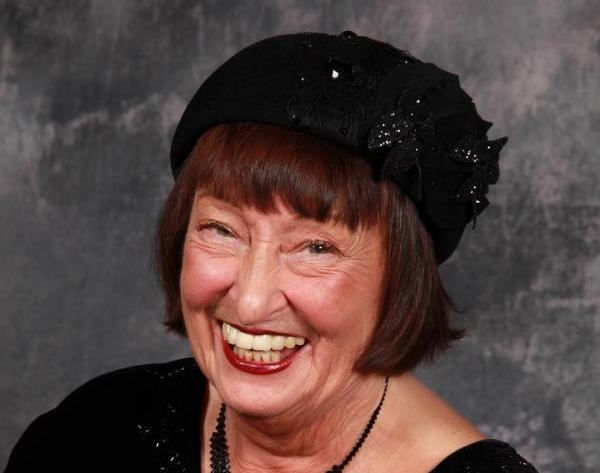
Sheila Jordan.
Michael Stewart
Hide the caption
Switch the image signature
Michael Stewart

Sheila Jordan.
Michael Stewart
Sheila Jordan, one of the big underestimated voices in jazz, died at the age of 96.
Her long -time bassist Harvie S announced that Jordan died in her apartment in New York City on Monday.
Despite a career that developed and begins due to racial tension, a restless marriage and the challenges of single motherhood, Jordan recorded one of the most popular vocal jazz plates from the 1960s. Portrait of Sheila In Blue Note Records, the National Endowment of the Arts as a jazz master, the highest honor of the genre, was recognized 50 years later.
Jordan's discography grew exponentially as she old. She recorded at least 19 albums after the turn of the century, including this year's Portrait now. It was published on the day of her last live performance: Valentine's Day.
She was born in Sheila Jeanette Dawson in a financially struggling family in Detroit and grew up from alcoholic grandparents in Kohlland in Pennsylvania. Jordan said NPR in 2014 that she was unhappy as a child and the only thing she could do was sing. Then one day she discovered something fascinating on a Jukebox: Charlie Parkers Reboppers.
“And I put my nickel in and came bird and now played the time and I said that is the music,” she said. “This is the one I dedicate my life.”
Jordan, who was white, was well friends with Parker – he called her “the lady with the millions of dollars”. In 1952 she married one of his close employees, Duke Jordan, and worked with many black jazz artists, who for this reason often confronted themselves with prejudices.
Duke Jordan was a talented pianist who was part of Parkers Quintet in the late 1940s. But in an NPR piece from 2009, Sheila Jordan said that her husband's heroin added to leave him and her little daughter Traci. She tried to support herself by working as a secretary and at the same time keeping music in her life.
“You find a way because the music is very important,” she said. “So I survived and knew that I would get a sitter for Traci once or twice a week, and I would sing in this club, and then I would get up the next morning and get up my day.”
Many said their voice was different from everyone else.
Jordan never hit the great time, but she was a respected teacher. For decades, she taught Jazz Vocal workshops at the City College of New York and many other institutions. 2012, in 2012, The national foundation for the arts called it a jazz master. And Sheila Jordan continued – even until her 90s.
“People who respect what I do and adjust myself, that's all I need,” she said to NPR. “I just have to continue this music as long as I live.”